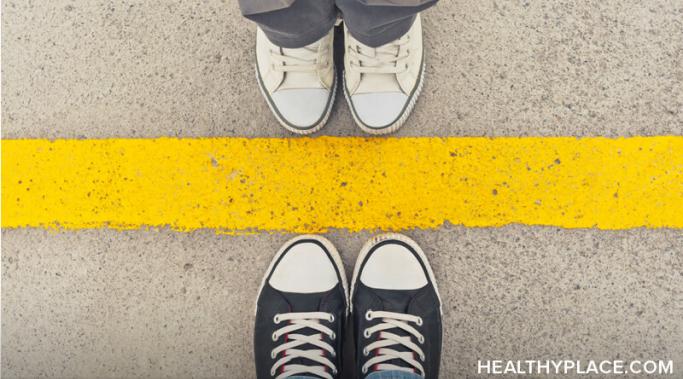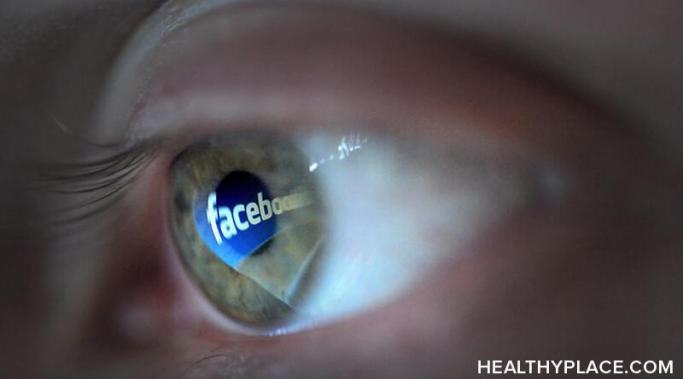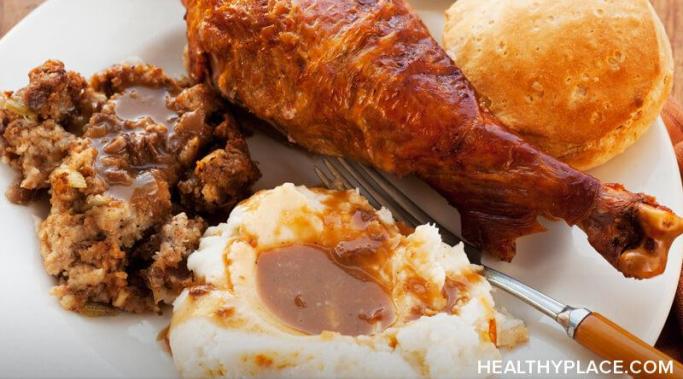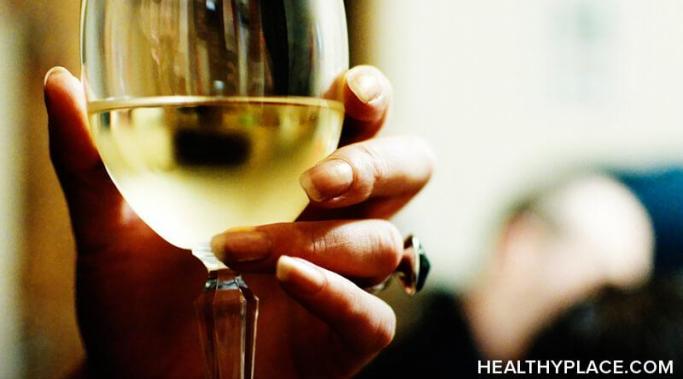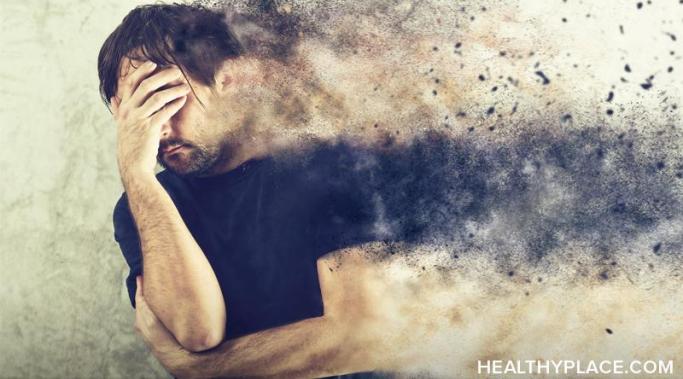Forming healthy relationships in early recovery from alcoholism is tricky. If you go the route of inpatient treatment or Alcoholics Anonymous (AA), you'll soon learn the phrase "people, places, and things." Much of that boils down to avoiding people from your active addiction to help you stay sober. So, how does someone new to recovery approach forming healthy relationships and avoid ones that may lead back to alcoholism and addiction?
Behavioral Addictions
Social media addiction is real. The definition of addiction is a complex psycho-physiological process manifested in any behavior in which a person finds pleasure and relief and therefore craves but suffers consequences without being able to give it up. Typically, addiction is associated with drugs, gambling, or shopping. But recently, after years of scrolling Instagram before getting out of bed, I couldn't help but wonder how many other people do the same thing. How many of us meet the criteria for social media addiction?
As we face our final days of 2020, the holiday stress is rising, and many of us with a history of addiction are bracing ourselves for the food-related festivities that can worsen food addiction and disordered eating. The holidays can feel terrorizing and traumatic for numerous reasons, but a big factor could be the substances consumed around this time of year. For some, the dread of holiday cocktails might cause anxiety, but for others, the sacred meals and traditional foods could be the cause for concern.
I've been in recovery for years now, and it never ceases to amaze me how impactful and effective a supportive community can be when fighting your addictions. Maintaining a close-knit community throughout 2020 has been especially challenging due to the highly infectious disease of COVID-19 and so many groups and gatherings being highly limited or canceled altogether. Because of this unfortunate turn of events, recovering addicts are forced to be extra creative and intentional in order to hold themselves accountable and seek support in their communities.
Lately, I have experienced a few uncomfortable conversations with some of my nonaddicted friends questioning the strength and tenacity of recovering addicts. I imagine the concepts and struggles of behavioral and substance addictions seem quite confusing to those who have never fought these horrific demons firsthand. I grew up in a home with addiction, so prior to experiencing this for myself, I also had a lot of questions and confusion around the topic of addiction. However, now I can truthfully say with confidence that recovering addicts are likely some of the strongest and most capable people you will ever meet in your life.
In my experience, there is a monumental difference between healthy, relational sex and addictive, compulsive sexual behavior. As a recovering sex addict, I have witnessed firsthand the detrimental impacts of using sex as a means to cope with or numb your emotions. Some might believe that habits such as this are harmless and merely a rite-of-passage for most young adults, but I am here to tell you that unhealthy sexual behaviors do not have to be your normal way of life. You can willfully choose a different path and intentionally decide to utilize sex in a healthy way.
As someone who has not only personally experienced addiction recovery but has also worked as an addiction professional, I know all about the idolization of the sacred sobriety date. However, if you've followed this blog for long, you've probably noticed that I've never given my exact sobriety date or the precise weeks, months, or days I've been free from my addiction. This is because I really don't honor the sacred sobriety date like so many others do in addiction recovery. I have no ill will towards those who do participate in this ritual, but I've learned over time that it just isn't my thing.
When you consider how sex addiction might impact a marriage, some might believe that the effects would be more positive than negative. However, after being married for a couple of years now and actively fighting through sex and pornography addiction, I can tell you that is not always the case.
In my addiction recovery, I have learned a lot about the impacts of self-talk, specifically how minimization and rationalization can sometimes cause harm. Personally, I believe that minimizing and rationalizing unhealthy behaviors can be present in many different types of people, not just recovering addicts. However, in my experience, these two forms of self-talk have undoubtedly impacted my addiction recovery experience.
If you're anything like me, family might be a touchy subject for you or possibly even an addiction trigger depending on your family's level of dysfunction. Childhood trauma, emotional gaslighting, and psychological abuse are all possible factors when determining a family's dysfunctional nature. For some individuals who endure these experiences as an adolescent, it can possibly lead to a life of addiction, mental health concerns, or for some a life of crime and incarceration. In my experience, the difficulties I have faced with my dysfunctional family certainly impacted the probability of my addiction and mental health diagnosis; and even many years later, I've learned that my family can be a huge trigger for me.
